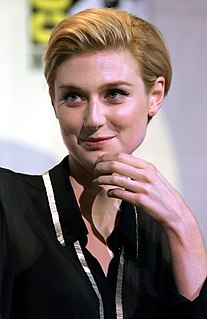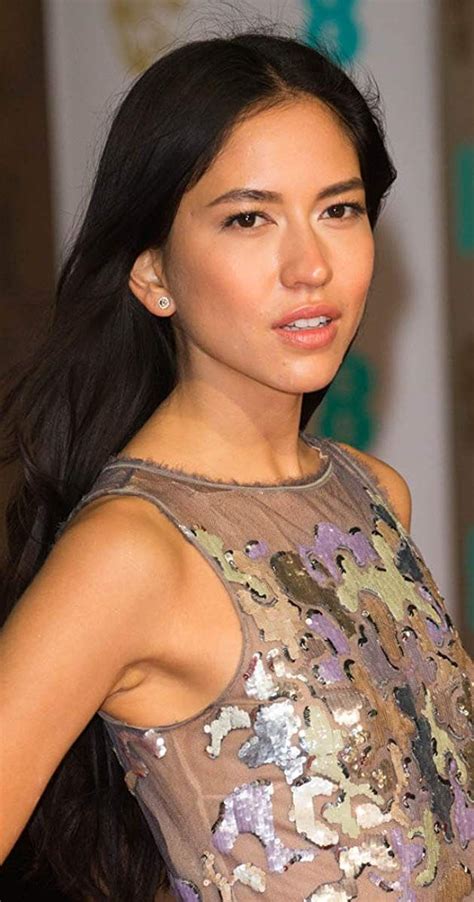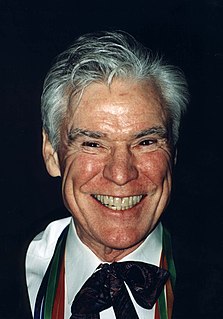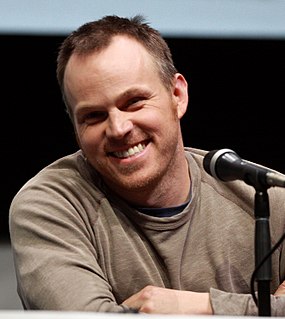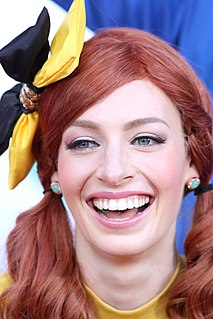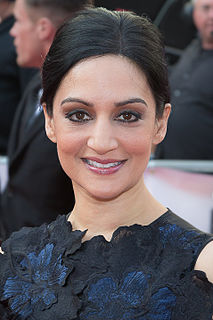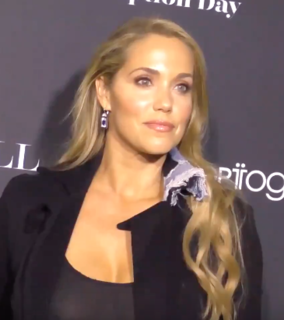A Quote by Elizabeth Debicki
I was a dancer from a young age. My parents were dancers; we were taken to a lot of ballet as children. It occurred to me that what I liked more than dancing the steps was acting the story of whatever particular performance I was taking part in.
Related Quotes
In 1990, when we started the Black Community Crusade for Children, we were always talking about all children, but we paid particular attention to children who were not white, who were poor, who were disabled, and who were the most vulnerable.Parents didn't think their children would live to adulthood, and the children didn't think they were going to live to adulthood. That's when we started our first gun-violence campaign. We've lost 17 times more young black people to gun violence since 1968 than we lost in all the lynching in slavery.
Realization that i couldn't be a ballet dancer was a blessing in disguise because that was the first time I felt like I stepped into adulthood. I realized, Okay, this is not going to work out. It was frustrating for about a year because I didn't know what to do with the creativity and the discipline that dancing had instilled in me from a very young age. But then I moved to Paris to model, and that was my cultural awakening. Now, I think dancing has been the biggest thing in my life, much more so than modeling, and it still helps me enormously in my work.
In the Royal Ballet Company, there was a Japanese principal dancer, and onstage and in ballet, they have colorblind castings - so I did see Asian dancers, and they were always my favorite. When you have someone who looks like you, it's something you can kind of grab onto, and it makes you feel better about your place in the world.
Mr. Balanchine was a great gentleman, and he loved his dancers. He was devoted to his company. He came to the ballet every night, and his presence was felt. It was like the whole company was dancing for him. And if he liked you, he trusted you to be yourself. He didn't try to change you and make you into something you were not.
For me, there were a few things in the Spider-Man comics that I thought were really interesting. There's this story about Peter's parents and where he came from, and I thought that it was really interesting to explore the emotional consequence of someone whose parents had left them, at a very young age.
When you train as a dancer, you understand you have to work exceptionally hard. I think dancers are the hardest - working people in show business. You have to push your body beyond where you thought it could go. It's athleticism. Perfection doesn't exist, but with classical ballet, there is an ideal, and I got obsessed with that ideal. In some ways, it was problematic because I don't have an ideal ballet body, but the discipline is what I carry with me to this day. That's my park, the discipline of dancing.
I knew from a young age that I wanted to be an actor. I never even thought about other careers. The acting field is certainly not the path many Indian parents encourage their children to take, but mine were very supportive. They wanted me to have an education, but understood that this is what I wanted to do.
What parents said they valued most were discussions with teachers and heads, and what they wanted was more descriptive information in their children's school reports. This is particularly true for primary schools. Parents wanted to know much more than just how their children were doing academically.
